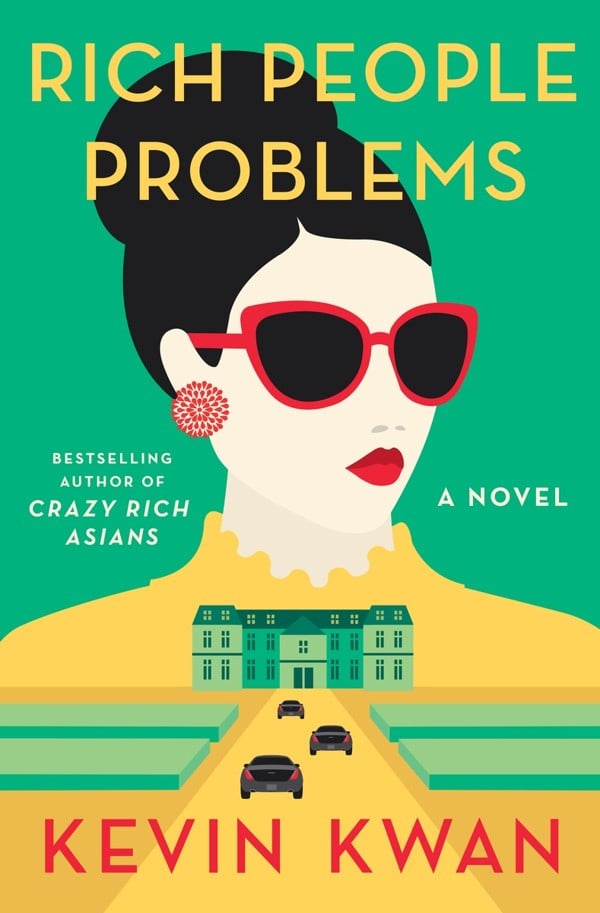
Crazy Rich Asians author Kevin Kwan on new book Rich People Problems and upcoming Hollywood film
With final instalment of trilogy on the glittery, glamorous world of the East’s mega-rich published, Kwan drops in on set of Crazy Rich Asians movie – starring Henry Golding and Michelle Yeoh – and says it is ‘making history’
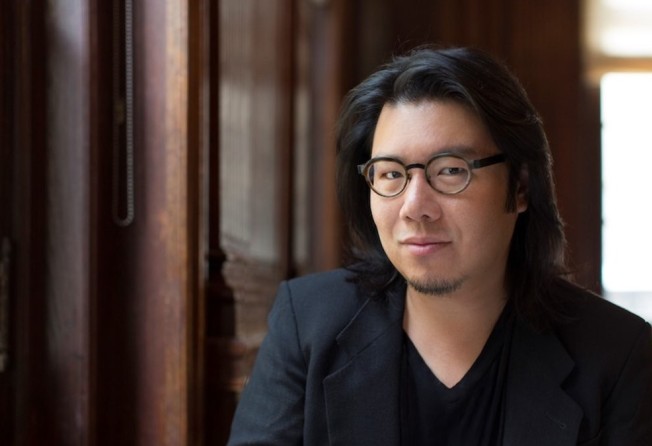
Bestselling author Kevin Kwan doesn’t write about rich Asian people – he writes about crazy rich Asian people.
Rich People Problems, Kwan’s latest novel published last week, opens with the tycoon Alfred Shang ordering the aviation authorities to turn around a commercial jet mid-air. The matron of their family, Su Yi, has had a heart attack, and their private doctor had the audacity to try to fly off unknowingly to Australia.

Shang doesn’t mind inconveniencing 400 passengers and dumping a quarter of a million litres of jet fuel so the physician can be forcibly dragged off the plane. “Why the hell did they have this doctor on a million-dollar retainer if he was never available?” Alfred fumed to himself – while shouting instructions at his cellphone from a resort in the Bahamas.
A jealous husband buys up an entire media company just so he can get one embarrassing article killed about his cheating wife. A beautiful socialite demands that a hospital cardiac unit is relocated into their family mansion, even if the elderly heart-attack patient in need is “touch and go”. These are not the rich Asians who sip Evian by the pool – these are the ones who air-lift their own Swiss Alps water to Singapore.
Kwan found fame with his 2013 debut, Crazy Rich Asians, which introduced readers in the West to the world of the ridiculously rich from the East. It was a surprise international bestseller for an unknown Singaporean-American writer. It stood out because it was so different from most Asian fiction: there was nothing tragic, heroic or historic about it; there were no wars, no revolutions, no politics. Finally, here was an Asian book as fun, glittery and light as the gold foil placed on the characters’ fine dining desserts.
I want my film to be a touchstone project. There’s so much hope, and the Asian-American community is rallying around it. It’s important that we do it right
Kwan quickly spun his success into a Crazy Rich Asians industry. That first book was followed by China Rich Girlfriend (from 2015) and now Rich People Problems. Releasing the final instalment of his trilogy was not even the biggest thing to happen to Kwan this month. The Hollywood Reporter just announced that STXtv had acquired the rights to a drama co-created by Kwan that “will involve the same type of globe-trotting, multinational, glamorous ensemble that made Kwan’s trilogy”.
But the biggest deal for Kwan is that Crazy Rich Asians is being made into a Hollywood romantic comedy with an all-Asian cast. The last major US release to do that was The Joy Luck Club, a heart-tugging family drama from 1993.
A few days after launching his latest novel in the United States, Kwan jetted over to Malaysia, where the actors were filming on set late this month.
“It’s going brilliantly,” Kwan says by phone from Kuala Lumpur. “It’s an amazing team. It’s surreal to be here and see the book come to life.”
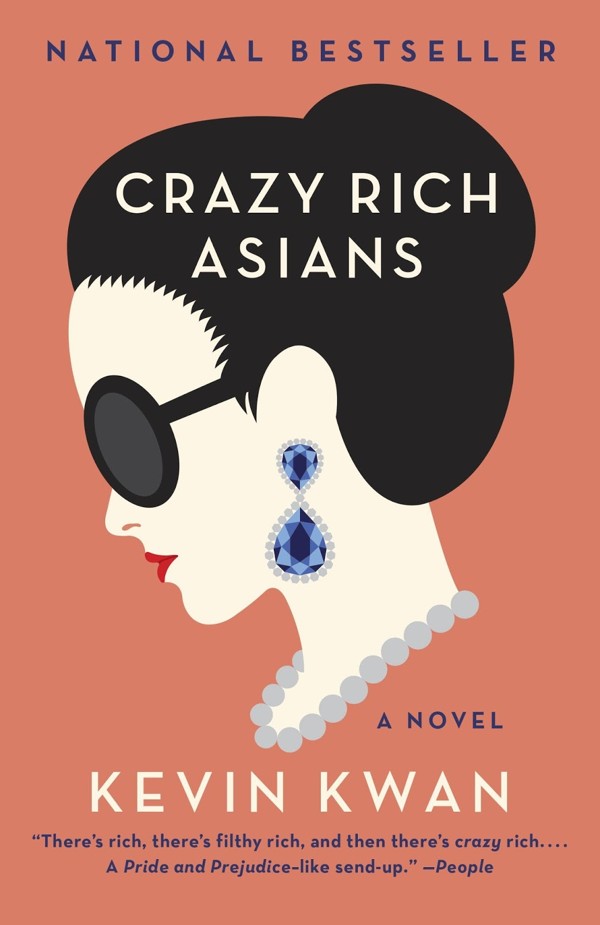
Sounding a bit star-struck, he adds: “Michelle Yeoh is here. I’ve been watching her movies since I was a kid – I’ve admired her for so long. She’s a legend, and she brings so much to the role of Eleanor. She was my ultimate wish when I first spoke to the producer.”
Asked about the rest of the cast, Kwan says: “It’s the first Hollywood rom-com with an all-Asian cast, ever. It’s making history. It’s important because we’ve not seen this before, not with this distribution. It’s an Asian cast that was chosen not to fill stereotypes, but to play full, multi-dimensional characters.”
In a happy marketing coincidence, the very characters in the Crazy Rich Asians movie are also featured in his latest Rich People Problems novel, which Kwan was promoting on Instagram and Twitter with the #RichPeopleProblems hashtag. (#FirstWorldProblems is so passé).
The action centres on Nick Young, an idealistic Singaporean heir who moved to New York to be a teacher and be with his non-glamorous wife. He’s being played by Singaporean TV presenter Henry Golding (Cosmopolitan magazine tagged the Eurasian hunk as “crazy hot”). Michelle Yeoh is cast as his mother, the elegant Eleanor Young. The socialite Astrid Leong – who Kwan compared to The Great Gatsby’s Daisy Buchanan in a 2013 Facebook post – will be played by British-Hong Kong beauty Gemma Chan.
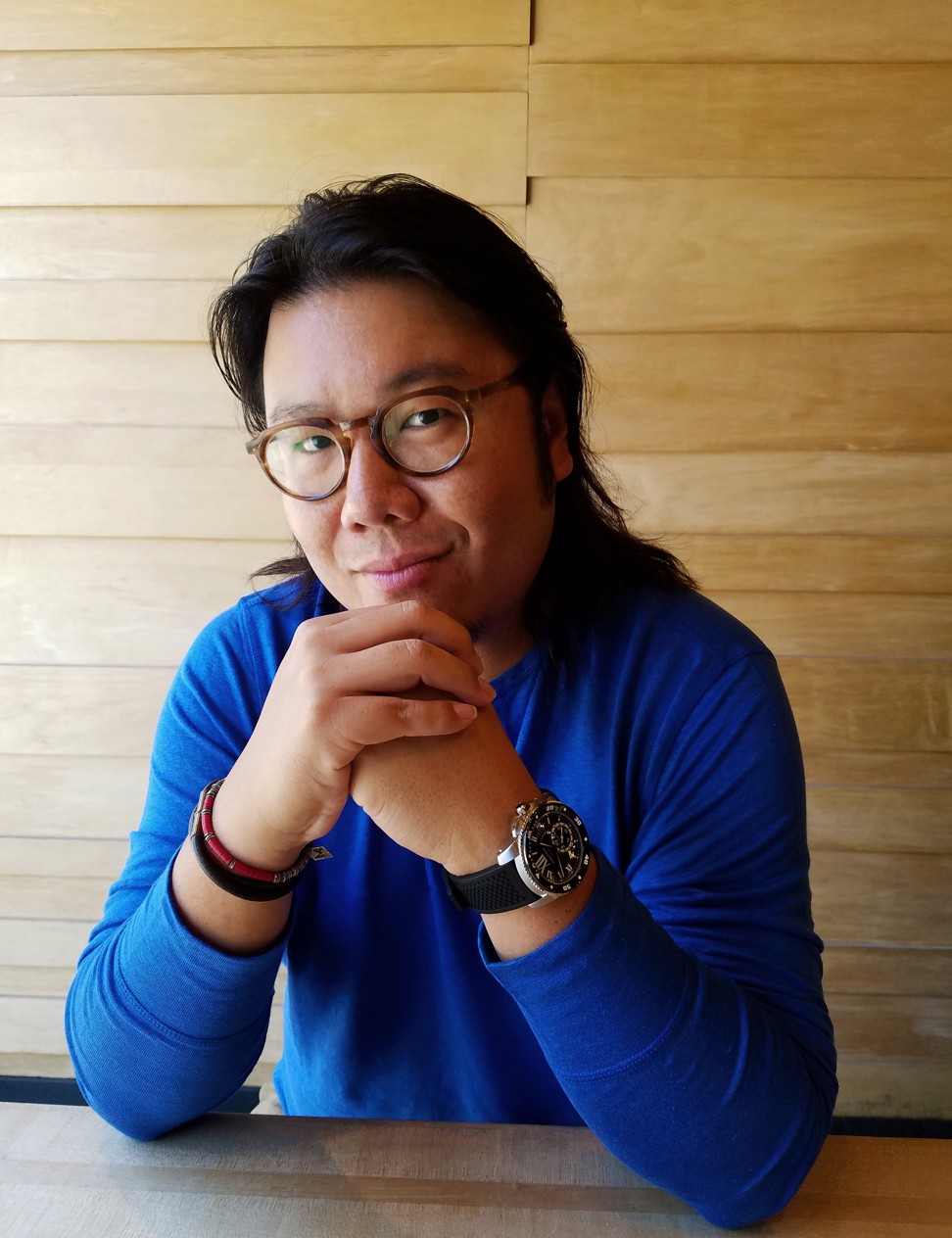
Recently, the casting of white actors into Asian roles – or, more precisely, the lack of opportunities for genuinely Asian actors – has become a big issue in Hollywood. Matt Damon appeared as the only white person in Song Dynasty China in The Great Wall (2016). Then Scarlett Johansson was outfitted with a black wig to play Motoko Kusanagi in the anime-inspired Ghost in the Shell (2017), while the pale-as-snow Tilda Swinton was cast as The Ancient One (an Asian man in the original comic books) in Doctor Strange (2017).
Kwan says that casting for his own movie started almost three years ago, before any of these films were released, but that “it’s interesting that this is such a hot-button issue”.
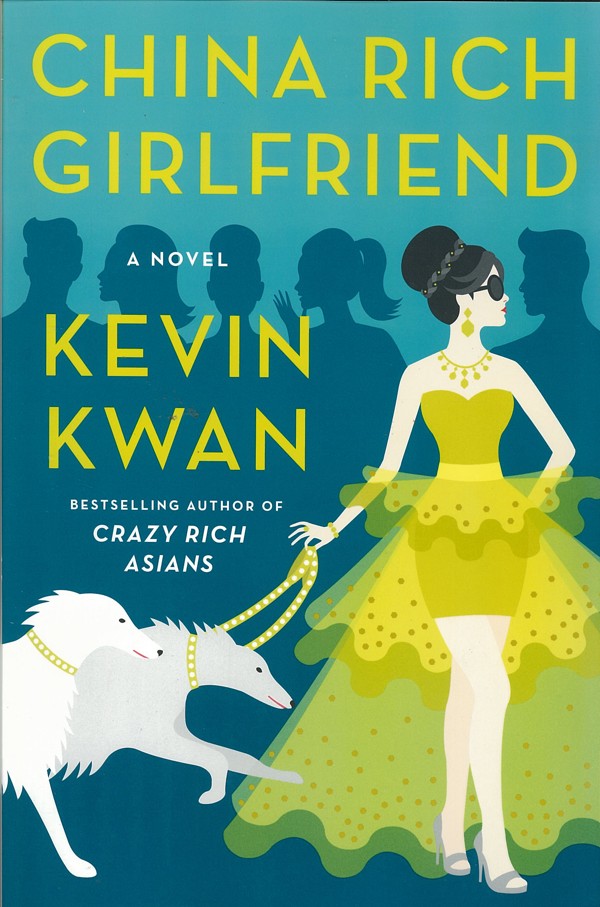
“I want my film to be a touchstone project,” he says. “There’s so much hope, and the Asian-American community is rallying around it. It’s important that we do it right.”
Kwan grew up rich, but not crazy rich. He was born into a respectable, old-moneyed Chinese-Singaporean family – his great-grandfather was a founding director of a bank – and emigrated to the United States when he was 11.
“Arriving in a suburb of Houston, Texas, in the mid-’80s, I was quite horrified,” he says of his first impressions of his adoptive home. “It felt so expansive and open to me – all those lawns. In Singapore, we lived behind walls and gates and security guards.
“It was very confusing for me to learn what American stereotypes of Asians were – that we were poor, that our parents worked in a laundry. I had no clue about that. I grew up among the privileged classes. I represented a very different type of Asian.”
His first day of school was typical for many Asian immigrant kids. “People were amazed that I could speak English – and with a British accent,” he says. “I brought in tourist brochures from the Singapore government and handed them around for show and tell.”
He adapted well, moving on to the University of Houston, and then the Parsons School of Design in New York, where he wrote for glossy magazines and fashionable design firms.
In a way, Kwan encapsulates what that changing Asian stereotype is. If Asian-Americans several generations ago were seen as poor, hard-working immigrants, they are now seen as academic whiz-kids with rich parents back in Hong Kong or mainland China.
“It’s good to shake up people’s perceptions,” he says. “So maybe the new stereotype is the Asian girl who’s the shopaholic. The more variety there is, the better.”
Kwan has now found fame – so what is his own #RichPeopleProblem?
“I wish I had one,” he says. “This hotel doesn’t have Hainan chicken – or I would’ve ordered that – and now my room-service wonton noodles are getting cold?”
Conceding that those were merely normal #AsianPeopleProblems, Kwan gets off the phone – he has a movie shoot to rush off to.